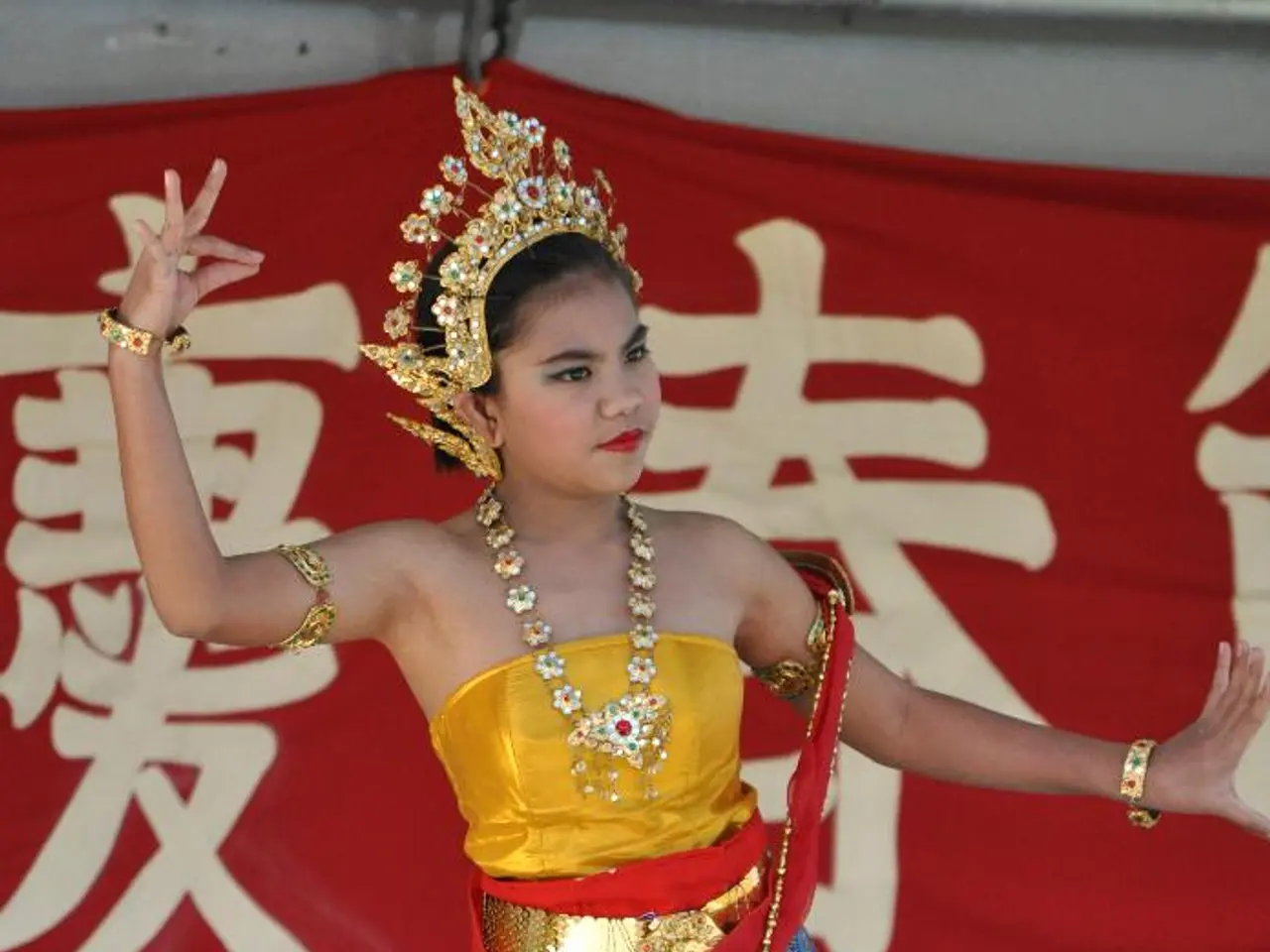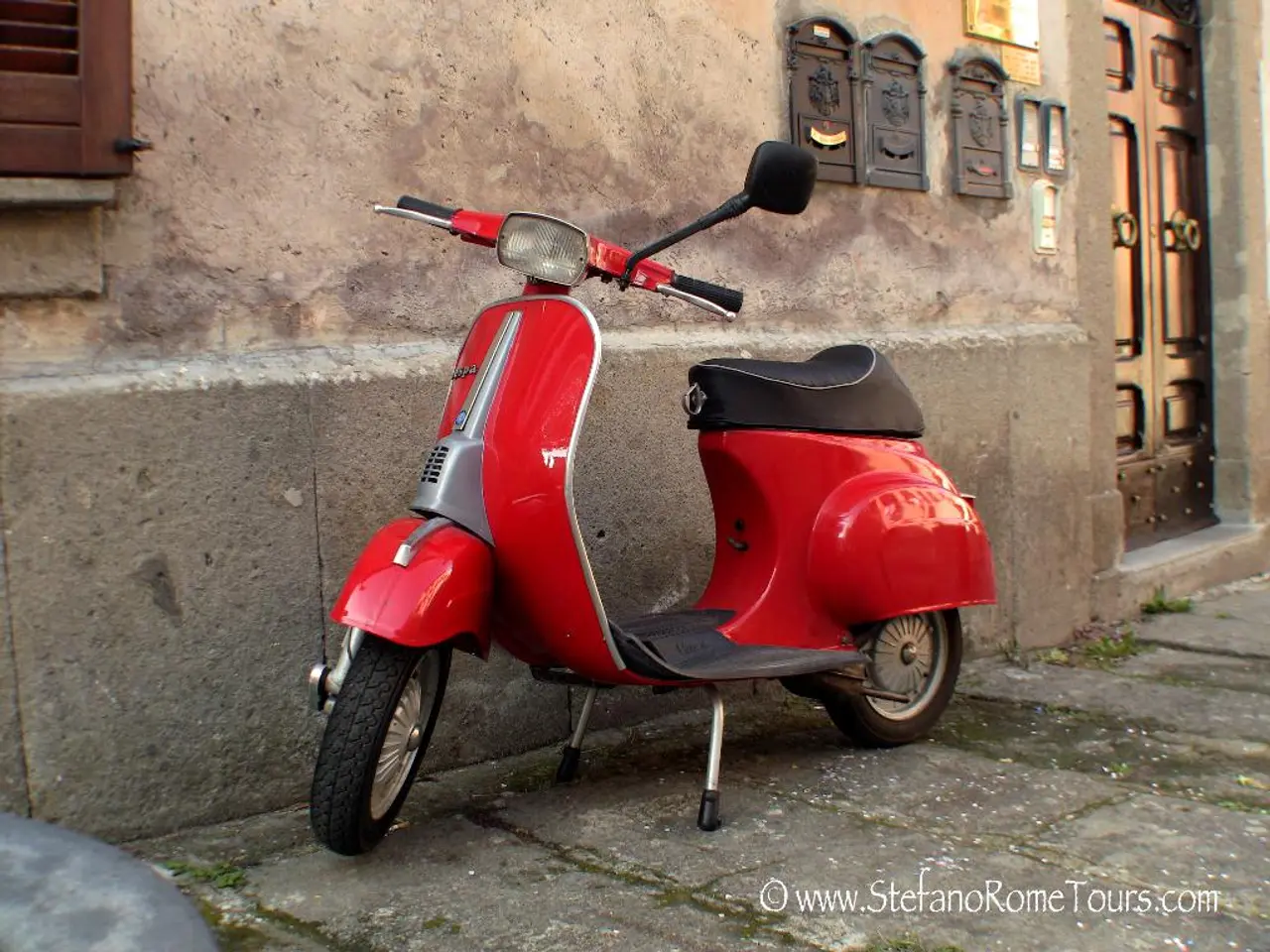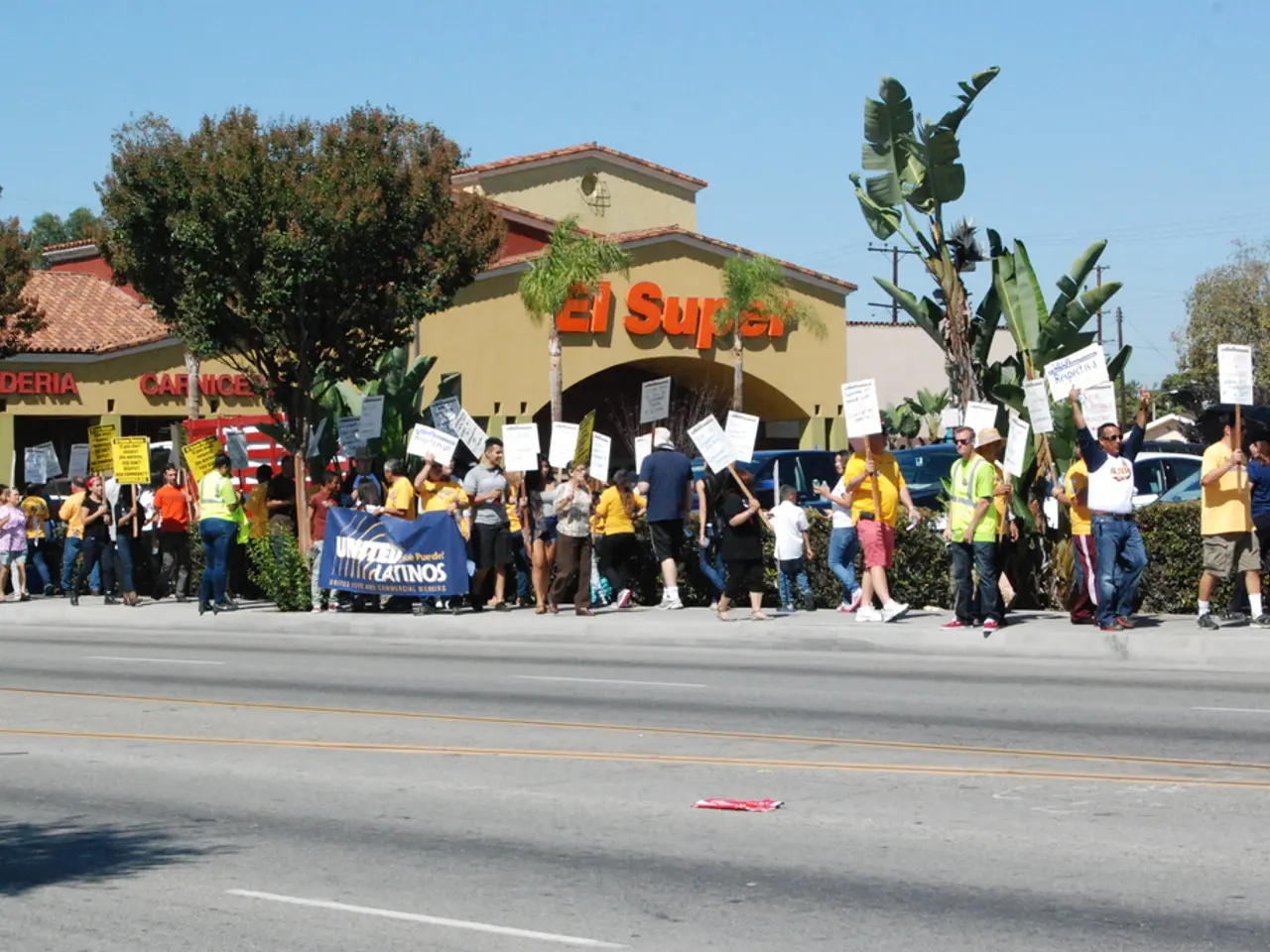World Influence Shaping Up: The Emerging Cultural Heavyweights on the World Stage
============================================================
In today's interconnected world, the power of culture has emerged as a significant factor in shaping global affairs. Countries are increasingly recognising the importance of cultural power—often referred to as soft power—in promoting their values, ideas, and traditions internationally.
Italy, for instance, ranks among the top nations for cultural influence in Brand Finance's "Global Soft Power Index 2024". Similarly, the United States, China, and South Korea have successfully deployed cultural strategies to extend their global influence.
China has been intensifying its soft power efforts since the early 2000s. It promotes Chinese culture, traditions, language, and values globally through international media networks, cultural study centers, and large-scale initiatives like the Belt and Road Initiative. The United States, on the other hand, has long leveraged cultural power by promoting exchanges in arts, education, and community development. South Korea, too, has effectively used popular culture to enhance its global image, showcasing how cultural export can translate into substantial soft power.
Countries successfully leveraging cultural power combine promotion of their heritage, active cultural diplomacy, global cultural events, and political-economic integration to enhance their international attractiveness and influence. Strategies include establishing cultural centers and language institutes abroad, building international media networks, initiating extensive cultural exchange programs, organising global cultural events, and linking cultural diplomacy with economic and political initiatives.
One such example is the Opera at Dubai, which is being reimagined to be relevant to all generations, rooted in excellence but open to experimentation. Paolo Petrocelli, the Head of Dubai Opera, is creating programs that speak to both heritage and the present, creating experiences that are inclusive and forward-looking.
The cultural and creative industries account for more than 3% of global GDP and provide more jobs to young people than many traditional sectors, according to a 2023 UNESCO report. Investing in the arts provides benefits beyond beauty, including cohesion, tourism, mental well-being, and civic pride. Culture is not a cost but a form of capital that multiplies over time, creates loyalty, and unlocks new paths for innovation and influence.
The United Arab Emirates (UAE) has emerged as a regional and global cultural hub. Other countries like Japan have repositioned themselves globally through aesthetics, cuisine, design, and storytelling. As we look to the future, the next global superpower will likely be the nation whose culture captivates, inspires, and resonates on a global scale.
In conclusion, understanding and treating culture as a strategic imperative is crucial for building a more inclusive and interconnected world. Nation-building today involves not only infrastructure but imagination. The rise of cultural power is a defining characteristic of modern leadership, and these qualities must be cultivated with care and intent, requiring policy frameworks that place culture at the center of national planning and international engagement. Culture builds understanding, fosters tolerance, and enhances international reputation, making it an asset for diplomacy, tourism, education, and sustainable development.
- Paolo Petrocelli, the Head of Dubai Opera, demonstrates effective leadership in combining tradition and innovation to make cultural experiences more inclusive and forward-looking.
- Investing in the cultural and creative industries, such as the Opera at Dubai, can provide multiple benefits, including economic gains and increased global influence, making culture a valuable form of capital for sustained growth and influence.




